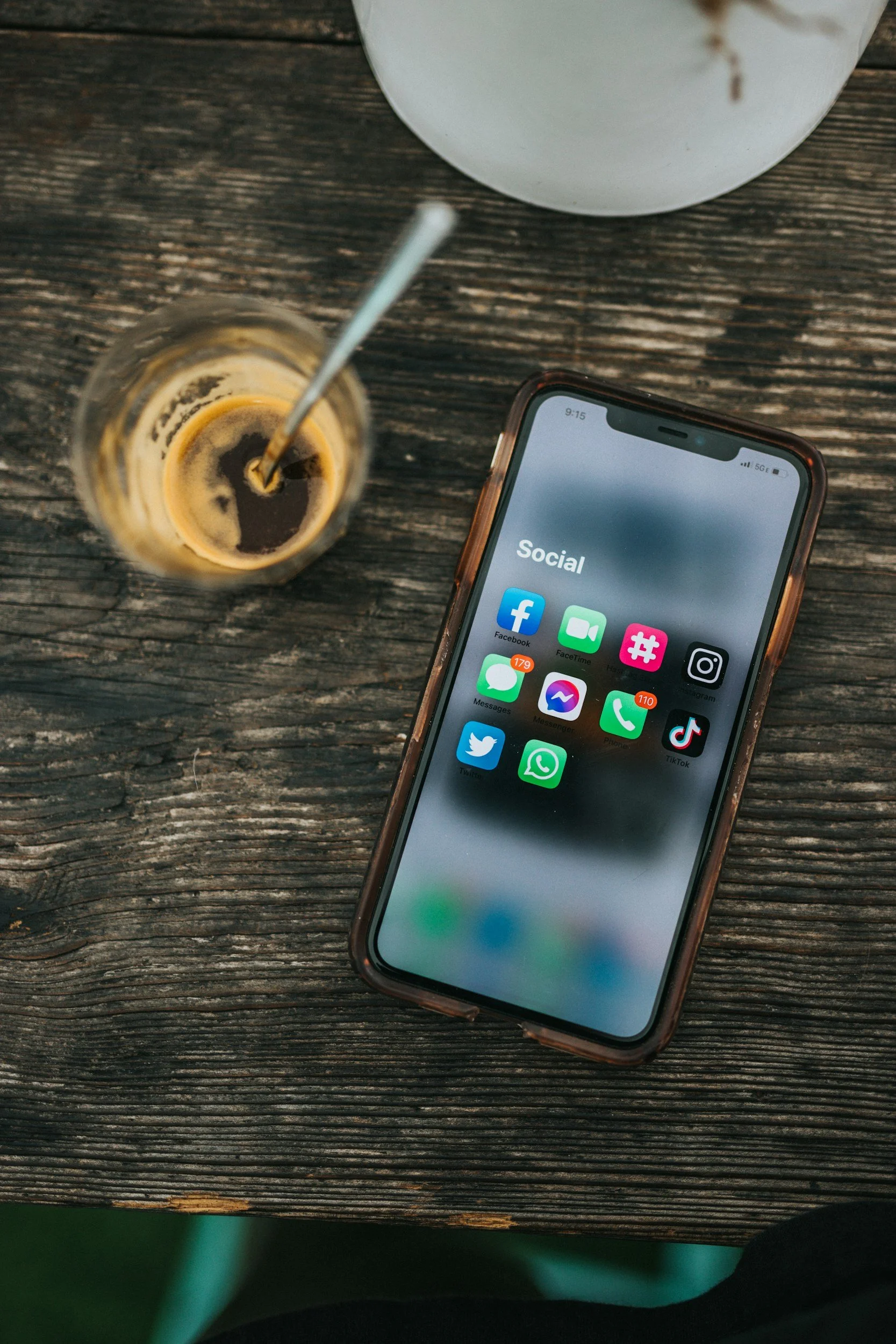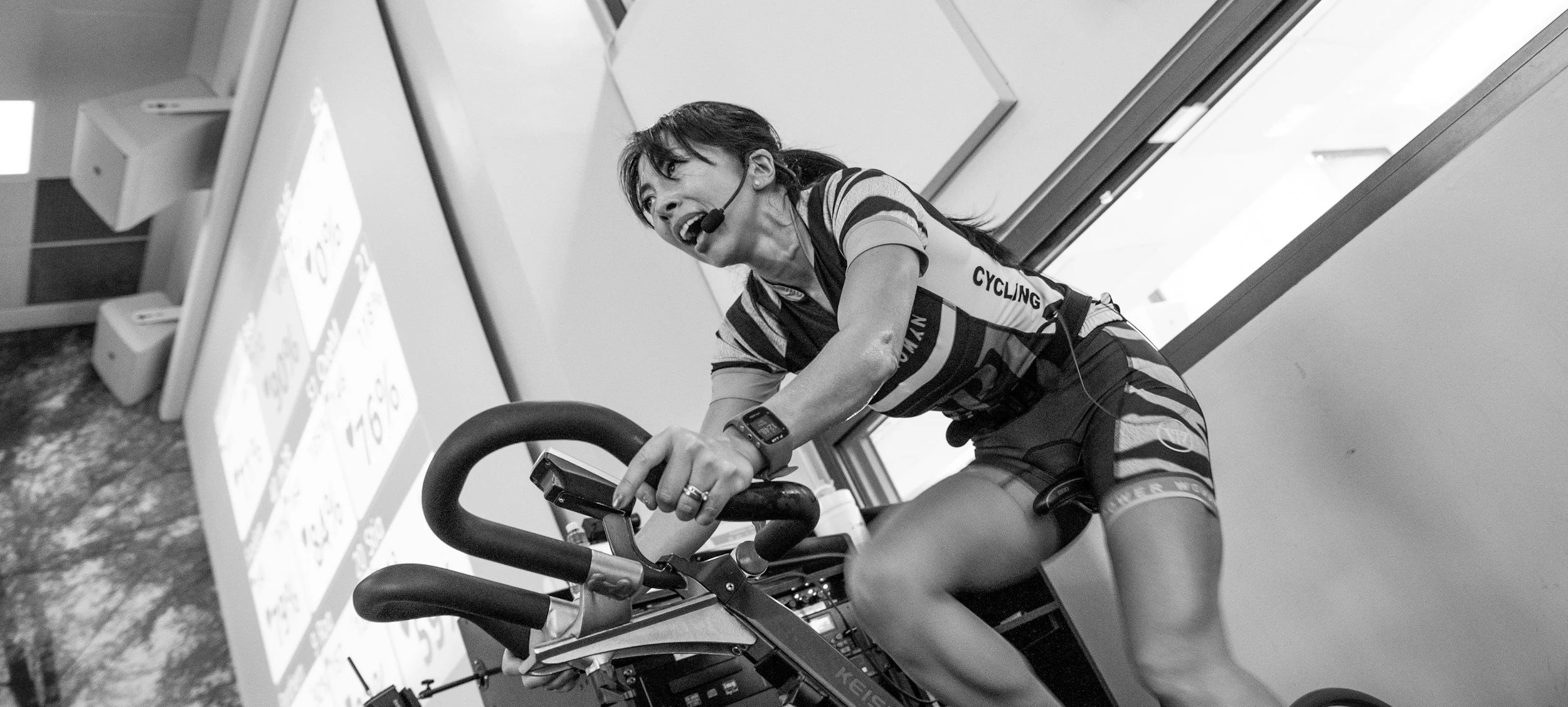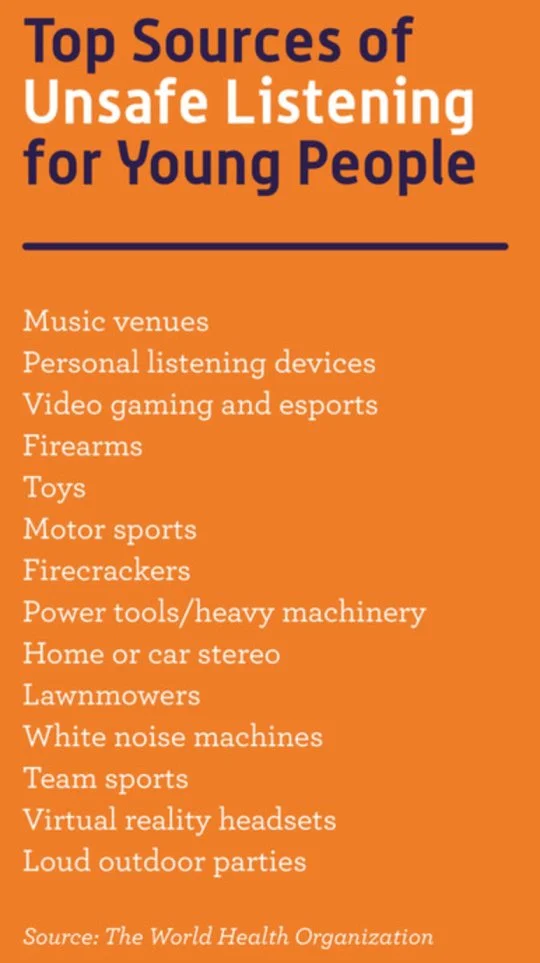By Mary Horton
Do you think that you are too young to have hearing problems? Don’t believe it! I was just 50 years old when I began wearing hearing aids… and my hearing problems began long before that.
Looking back, I accept that I was the cause of a lot of my hearing problems. When I was a teenager, I assisted writing a column for the local newspaper, aimed at drawing young readers to the newspaper. As one of the perks of the job, I interviewed many of the up and coming rock stars of the late 1960s and was given front row seats at their performances, usually right in front of the speakers. What teen would have passed up that opportunity?
Between that, and choosing to turn my car radio and my transistor radio up in volume, I was damaging my ears already. If anybody would have told me that back in the 1960s, I would have shaken my head and rolled my eyes… as my kids and grandkids do now (but they do it a little more hesitantly, knowing my hearing problems).
As one of the perks of my job as a teenage music reporter, I interviewed many of up-and-coming rock stars and was given front row seats at their performances, usually right in front of the speakers.
Let’s go back about 20 years from today. I was in denial. People weren’t talking loudly enough. I wasn’t paying enough attention. I hadn’t cleaned my ears in a while. I was tired. Anything to explain why I wasn’t hearing conversations.
When I finally went to an otolaryngologist (an ear, nose, and throat specialist, or ENT), I was told that I did have moderate hearing loss in one of my ears, and not as much loss in the other one. It was recommended that I get hearing aids.
Wait a minute! Hearing aids were for old people—not me! So, I went further into denial, continually making excuses to family and friends, at work, and at all kinds of extracurricular activities for why I wasn’t hearing properly.
Then, when I eventually decided that I couldn’t constantly make excuses for my hearing loss, my vanity entered in. I have worn my hair short the majority of my life. It was important to me, at my young age, that nobody knew I was wearing hearing aids. So, I delayed about another year, while my hair grew about shoulder length, in order to cover up my ears—and my future hearing aids.
So I received my first set of (analog) hearing aids finally, at age 50. They provided a vast improvement in my hearing, but they weren’t perfect. They were adjusted, and readjusted, and readjusted again, to give me optimal hearing power. My otolaryngologist advised me that my hearing would never return to what it was when I was younger.
Hearing aids are like a satellite dish. The satellite dish has to rotate until it hones in on the signal. The same is true for hearing aids. Often, the first few words of any conversation are lost while the hearing impaired person is trying to locate the person who is talking, and hone in on their words. Do you have any idea how many conversations begin with the central theme of the conversation in the first few words? Without those words, the person with a hearing loss is totally lost in the remainder of the conversation.
Along the same lines, many people speak too fast. I often tell people that I can’t hear as fast as they speak, and ask them to slow down. The society we live in today encourages speed in everything, and speech is no exception. Again, a lot of conversation is lost (and not just to people with hearing loss) because people speak too fast.
And It’s Not Just the Volume
For many people with hearing loss, volume is not the general problem. Volume can be adjusted most of the time. Honing in on the sound source, speed, and also clarity are the biggest problems. Clarity, especially in the South, where I live, is essentially nonexistent. People do not speak complete sentences. People slur words together, which may appear lazy but they are actually just speaking as most Southerners do. Distinctly speaking each word separately from the word before and after is very helpful for all listeners.
Picture this: You are at a restaurant with a small group of maybe six or eight people. There are other people in the restaurant, carrying on their own conversations. There is background music playing, sometimes softly, but usually these days loudly. You, the person with a hearing loss, are trying to block out those other conversations, and noise, while attempting to hone in on the various conversations taking place at your own table.
Your satellite dish is whirring so fast, trying to stay with each conversation, unsuccessfully, that you finally just shut down. You are no longer part of the conversations, because you have lost the focus. You are exhausted trying to hear. You are alone in a group of friends or family. You feel isolated, while surrounded by others. You decide not to go to group meals, or group activities, or family functions. You feel that there is no reason for you to even be there.
Often, when a person is talking to me, and I can hear very little of the conversation, I will smile and nod my head, as though I understand the conversation. This is totally wrong, and I am guilty of it, even knowing this. The person could be telling me something that is extremely sad… not to be smiled at. Additionally, I am indicating that I understand what they are saying, which could be some very critical instructions, like agreeing to pick up their child from school that afternoon! It is wrong to indicate that you understand something when you do not! But—you don’t want to be “isolated.” So you pretend.
Wanting to Give Back
Many people like to give back by volunteering. As younger people are generally busy with jobs, families, and activities associated with them, the majority of volunteering—at hospitals, libraries, food banks, local charities—falls upon older, often retired, people… those who are more likely to have difficulty hearing! The inability to correctly hear someone’s question or instruction could be embarrassing at best or damaging at worst:
A person comes to church, wanting guidance and prayer for a personal situation. And instead you hear they need to know where the bathroom is.
A person has just lost a loved one, and wants prayer and solace. And instead, you smile and say something like “that’s nice.”
A person comes to a hospital, looking for the room number of their loved one. You hear the wrong name, giving incorrect, and sometimes very embarrassing, information.
A person is “shopping” at a food bank and tells you they have a specific food allergy. You misunderstand them, giving them food that could cause serious problems.
You get the picture.
It would be so easy to go into your home, close and lock the door, and shut yourself in, and everyone else out. It is so important to not isolate yourself. It is so important to feel like you are still a valued and necessary person, an asset to others. This, however, is often quite a struggle.
I looked for a place where I could volunteer, even with my hearing loss, and was fortunate to find the perfect position for me. There is a local organization that serves clients with educational training and counseling, as well as clothing and supplies, most of which are donated. The clients are trained and counseled by other volunteers.
I sort through and organize all the clothing and supplies, and restock items as necessary. My hearing loss does not affect these tasks, nor does it hamper the caring and helpful function of the organization itself. It is not easy to find volunteer positions when you are severely hearing impaired, but they are out there. And doing something like this restored my self-esteem.
Mary Horton lives in Alabama.







Tinnitus Quest’s Tinnitus Hackathon prioritized active problem-solving, cross-disciplinary debate, and the development of a shared research agenda.